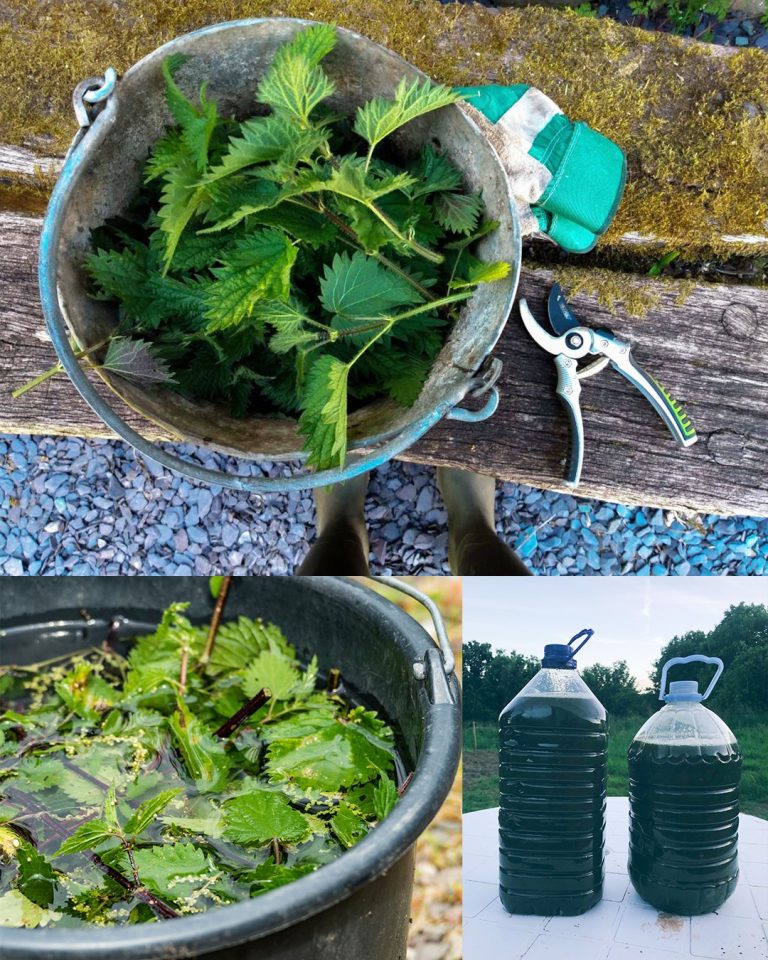ADVERTISEMENT
Introduction
Gardening enthusiasts and sustainable farmers alike are discovering the remarkable benefits of nettle-based fertilizers and insecticides. Nettles, often dismissed as pesky weeds, are actually nutrient-rich plants that can be transformed into powerful natural garden aids. Using nettle fertilizer and insecticide not only promotes healthy plant growth but also reduces reliance on chemical products, making your garden eco-friendly and vibrant. This article guides you through the importance of nettle fertilizer and insecticide, how to make them at home, and tips to get the best results.
Ingredients:
For Nettle Fertilizer:
2 kg fresh young nettle leaves (wear gloves to avoid stings)
10 liters of water
For Nettle Insecticide:
1 kg fresh nettle leaves
5 liters of water
1 tablespoon liquid soap (optional, to help the spray adhere to leaves)
Directions:
Making Nettle Fertilizer:
Collect fresh young nettle leaves, avoiding any flowers or seeds for best nutrient content.
Place the leaves in a large container or bucket.
Pour 10 liters of water over the nettles.
Cover loosely with a lid or cloth to allow airflow and prevent pests.
Let the mixture ferment for 10 to 14 days, stirring every other day.
Once the liquid turns dark and has a strong smell (similar to compost), strain out the nettle solids.
Dilute the resulting liquid fertilizer with water at a ratio of 1:10 before applying to plants.
Making Nettle Insecticide:
Chop or crush fresh nettle leaves to release their natural compounds.
Boil 5 liters of water and pour it over the chopped nettles in a heatproof container.
Let the mixture steep for 24 hours, then strain the leaves out.
Add 1 tablespoon of liquid soap to the nettle tea (optional) to improve adhesion on plants.
Pour the mixture into a spray bottle and apply directly to plant leaves to deter pests. Use weekly or after rain.
Serving and Storage Tips
Use nettle fertilizer within a few weeks to retain nutrient potency. Store in a cool, dark place to slow fermentation.
Spray nettle insecticide in the early morning or late afternoon to avoid leaf burn from sun exposure.
Always test the spray on a small plant area first to ensure no adverse reactions.
Avoid storing nettle insecticide for more than a week as it loses effectiveness over time.
Variations
ADVERTISEMENT
